7 Most Common Types of Accidents On Ship’s Deck
Accident can be defined as an undesired event that leads to an actual loss or injury to a person, property or equipment. Shipboard officers and crew are supposed to be aware of the significance of safety and to apply it to their routine working practises. However, despite the fact that accidents can be completely avoided, from time to time, they still occur onboard, holding the accident rates considerably high and steady.
Deck is one of the major accident prone areas onboard as deck operations involve numerous risks and dangers that can easily make way to an accident.
The best way to avoid such ill-fated accidents is to be completely aware of one’s personal safety and to enhance and maintain a good safety culture onboard.
Given below are 7 most common types of accidents that occur during deck operations:
1. Slips and Falls
Slips and falls are one of the most common accidents that occur on ship’s deck. Slips can easily take place at any moment and likely during an activity on deck. Falls are most common while working on heights such as on masts, lashing bridges, hatch covers, cargo holds and working aloft or outboard.
These accidents are not as silly as they sound, as slips and falls cause injuries ranging from severe physical damage to fatality. The main reasons for slips and falls are:-
- Slippery deck
- Improper use of catwalks
- Missing grating, railings and stanchions
- Missing warning signs
- Improper personal protective equipment (PPEs) especially safety shoes and safety harness
- Lack of situational awareness
- Lack of awareness of the job
- Absence of safe job analysis
They can be best avoided by :
- Cleaning up after work and maintaining the deck free from oil and other slippery substances
- Follow designated catwalks and correct passages on main deck and avoid shortcuts
- Using proper non-skid safety shoes on deck and use of safety harness while working on heights
- Safety and situational awareness
- Analyzing the hazards and risks that are associated with the job, and understanding the nature of possible accidents prior commencing the job
Read more on real life accidents which involves falling and slipping:
2. Improper Manual Lifting
Lifting things is something we carry out regularly on ships. Improper lifting techniques are the main reason for accidents and injuries, especially those related to back.
“The correct method of lifting up a load is to squat down to the load and keep the back as perpendicular to the ground as you can, and to use the leg and arm muscles to lift up instead of the back muscles.”
While carrying out lifting, the following points are to be noted to avoid accidents:
- Load should not be too heavy and to be evenly distributed. If not, ask help and avoid lifting alone
- Any sharp edges are to be noticed and avoided
- Take small steps while walking with the load
- Find places to stop and rest in between
- Make sure the load is not disturbing a clear vision ahead
- Use feet to change direction, avoid twisting the body
- When unloading, bend knees to keep the load down instead of bending the back
3. Compressed Air Accidents
Compressed air is used on deck for various pneumatic power tools and cleaning purposes. There have been several accidents in the past where compressed air has lead to serious injuries.
Therefore, it should be treated and used with utmost care as jet of compressed air/gas applied to an open cut or wound may force its way into the blood stream and can kill a person. While using compressed air/gas, keep in mind the following:-
- Never blow compressed air towards a person. It can cause serious injury
- Do not use a jet of compressed air to dust down any clothing/boiler suits. It never helps to get cleaned up and the dust will blow and pierce into the cloth
- Ensure air/gas cylinders should always be secured in vertical position away from hot area
- While using compressed air through pipelines and hoses, after the use always, make sure to depressurize the line
4. Exposure to Chemicals
Exposure to chemicals are another common accident that occur while working on deck. Chemicals coming in direct contact with the skin leads to burns and serious injuries.
Constant exposure and contact to chemicals such as paints, thinners, metal brite should be avoided. Chemical contact with eyes is extremely dangerous and can lead to loosing partial/complete eye sight.
While working and handling with such chemicals, the person should be dressed in proper PPE including safety goggles and face masks.
Any accident should be immediately reported to the Medical officer. The nearest emergency eye wash stations should also be noted.
5. Electrical Accidents
Electrical equipment are used on deck for a wide variety of purposes. Without taking precautions of the electrical hazards, a shock from a live wire or tool or machine with poor insulation can cause fatal damage.
Electricity can also burn the body from electric arcs, flashes and fires when having contact with overheated electrical equipments. Always ensure the following:-
- There should be no frayed or damaged contacts
- If needed, the equipment should be isolated
- Keep wires and leads away from any heat sources and conductive liquids
- Do not have wires lying across floors to create a trip hazard
- Use proper PPE as always
6. Crane and Lifting Gear Accidents
Crane and lifting operations also involve a high percentage of accident on ships deck. There have been several dangerous incidents associated with crane and lifting gear operations in the past
Therefore, it should be noted that,
- Cranes should be operated only by authorized trained persons such as certified seaman
- When operating, persons involved in the operation shall stay clear from the crane and the suspended load
- The standard signaling system and walkie-talkie radios shall be used to communicate with the crane operator. The persons involved should be aware of these signals
- Slings, hooks, and chains used should be approved and certified
- Safe Working Load (SWL) of the lifting gears must be compared to the load to be lifted
7. Deck Tools and Machinery Accidents
Accidents such as cuts, wounds, and burns normally occur while using various tools and machinery on deck. The degree of impact increases for the accidents occurred during the use of Pneumatic or hydraulic powered tools. Tools used for drilling, surface preparation and grinding such as jet-chisel and pneumatic wire brushes should be used with extreme caution.
- Use the designated tool intended to use for the specific job
- Never use a defective tool
- Always ensure the condition of the tool
- Proper PPE must be worn
- While using rotary equipments and power tools, refrain from wearing loose clothes and jewelry and accessories
Additional Type of Deck Accident:
Man Over Board
Man over board accidents are most likely to occur on deck as a result of a slip/fall. MOB is a very critical situation and calls the need for emergency response. The chances of surviving a MOB situation depends upon a lot of factors. MOB mostly occur during ship-side activities and jobs such as ship-side washing, paining, working aloft, working outboard.
The above mentioned are the major types of accidents that can occur during the deck operations. With good safety awareness and knowledge the frequency of these accidents can be reduced to its absolute minimum.
This is not an exhaustive list of accidents taking place on deck, but enumerates the most common ones.
If you have more points or types that can be added to this list, let’s know in the comments below.
We also encourage you to share any additional safety tips or precautions.
Related reading:

About Author
Raunek Kantharia is a marine engineer turned maritime writer and entrepreneur. After a brief stint at the sea, he founded Marine Insight in 2010. Apart from managing Marine Insight, he also writes for a number of maritime magazines and websites.
Latest Ship Safety Articles You Would Like:
Do you have info to share with us ? Suggest a correction
Subscribe To Our Newsletters
By subscribing, you agree to our Privacy Policy and may receive occasional deal communications; you can unsubscribe anytime.
Web Stories



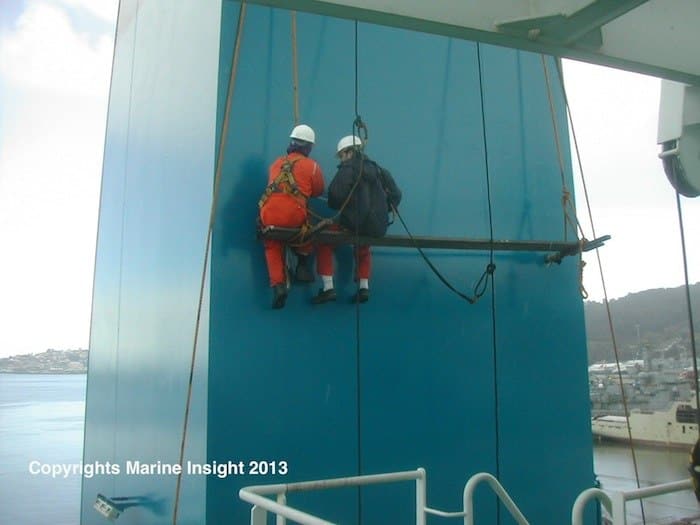
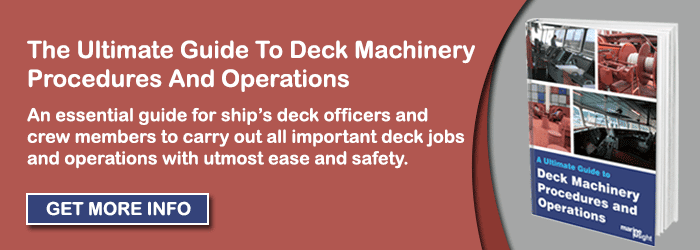
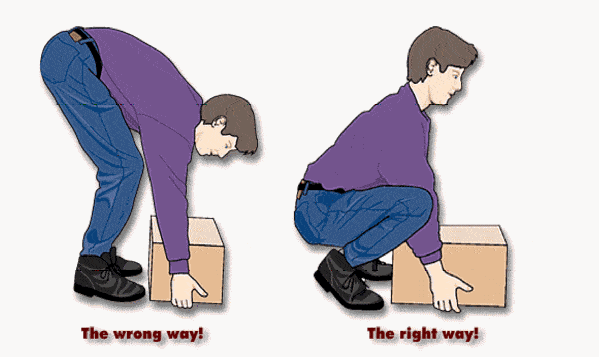
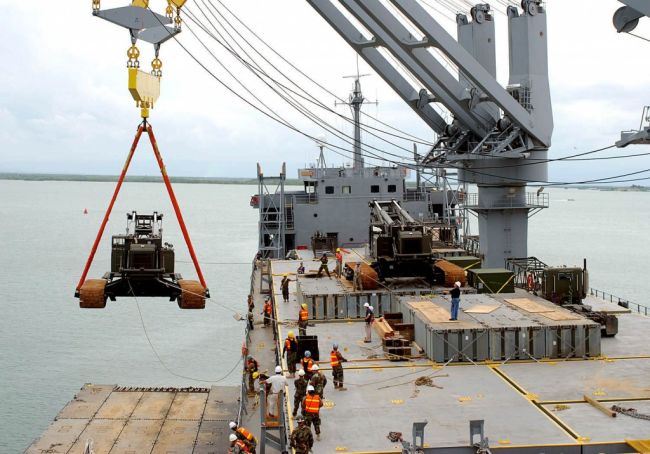
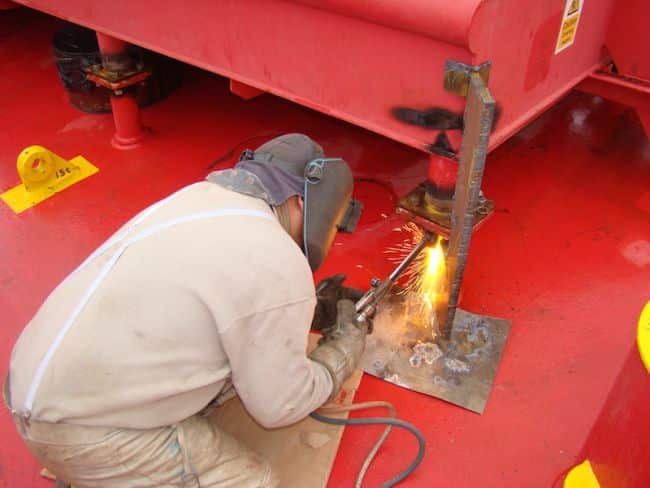
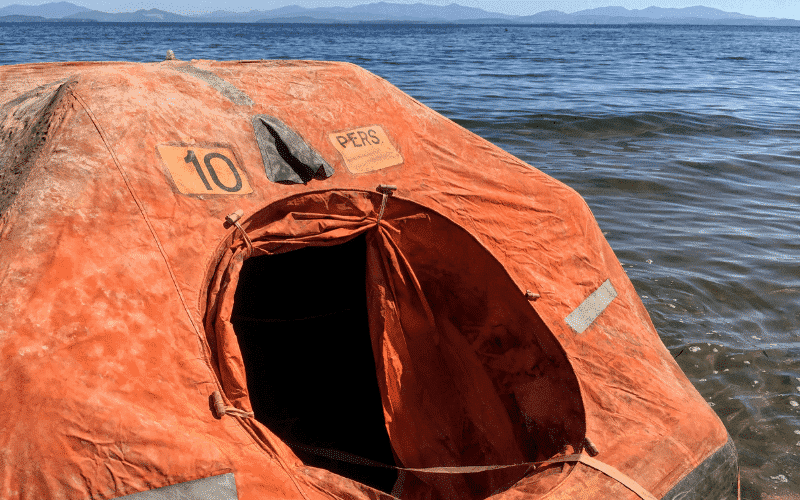
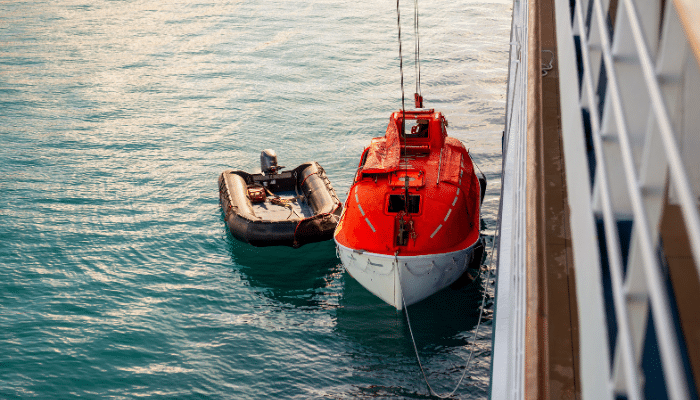
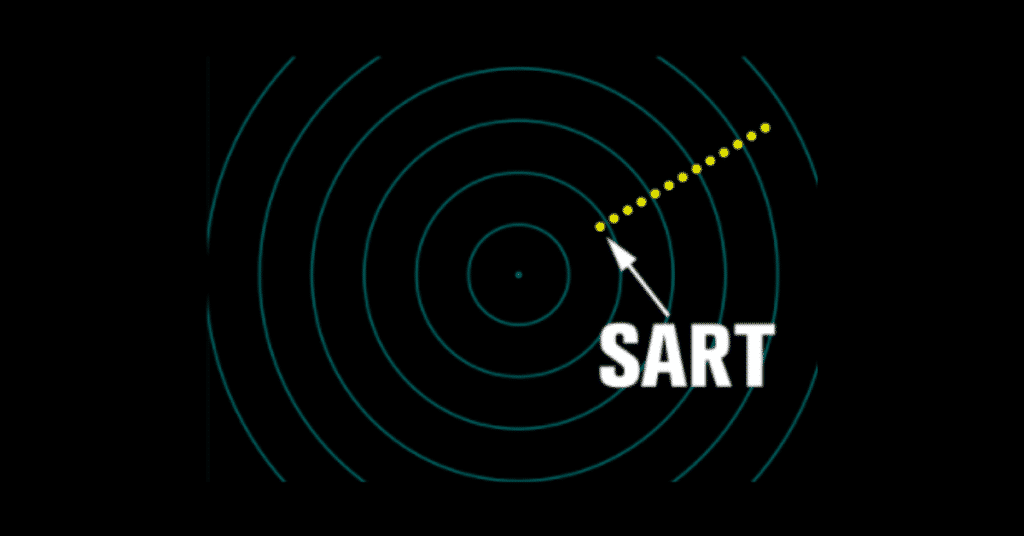
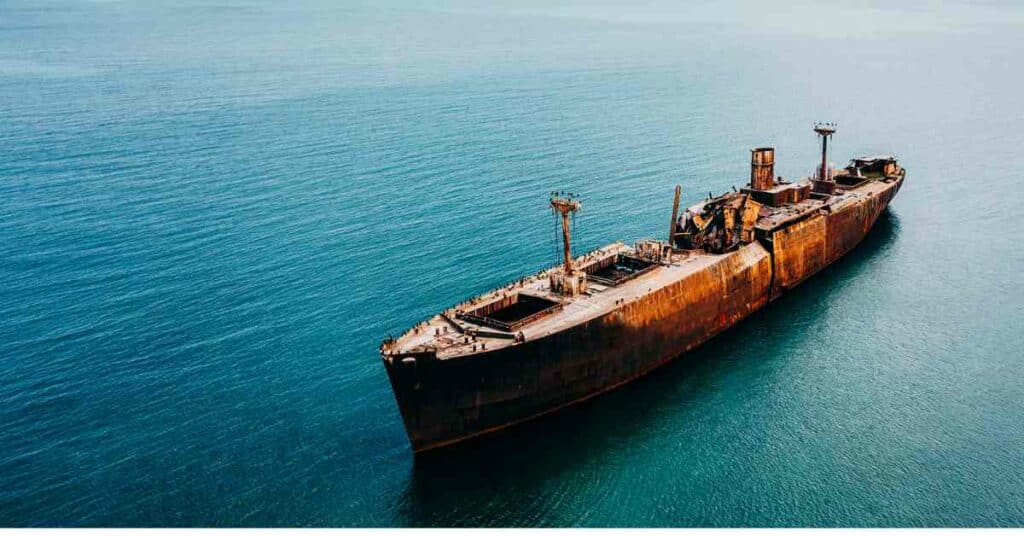
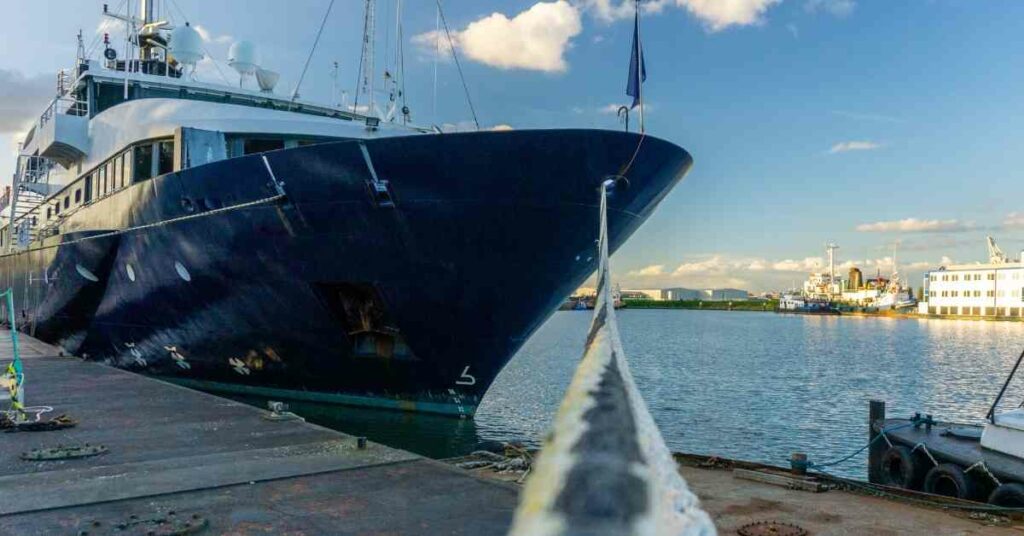

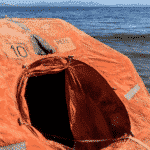
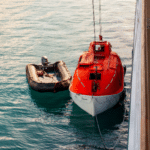
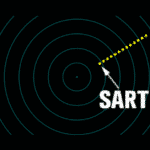
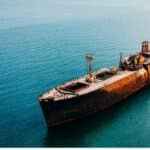
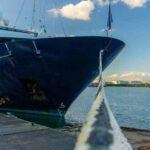

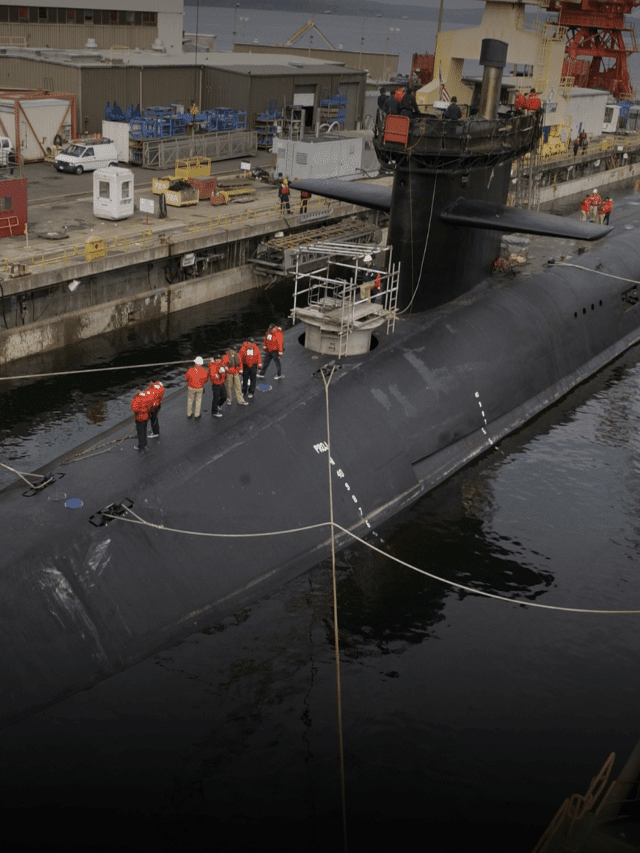
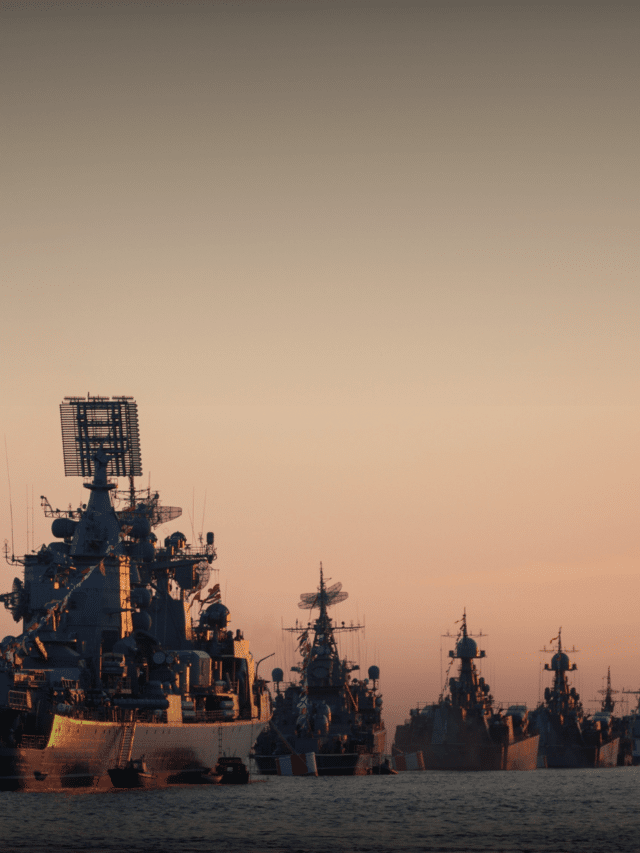
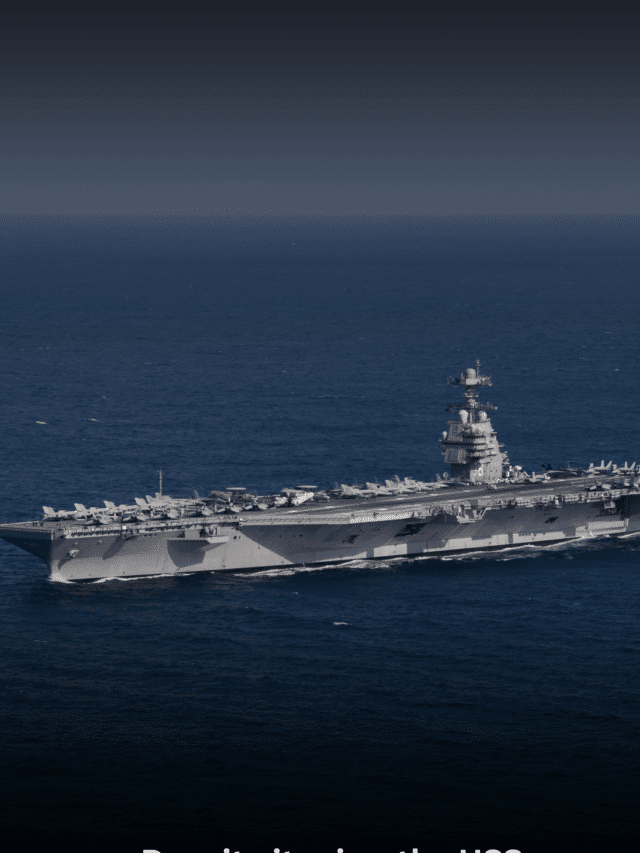
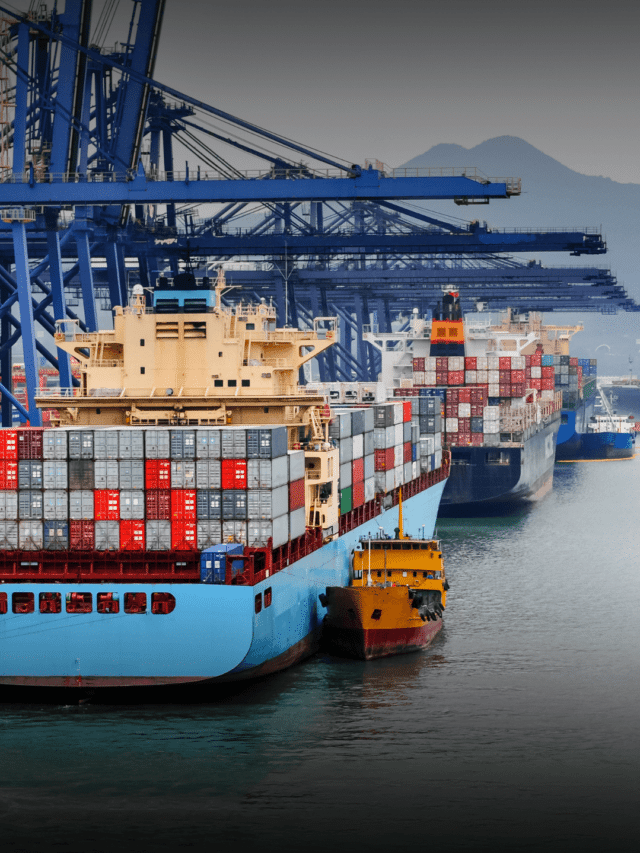
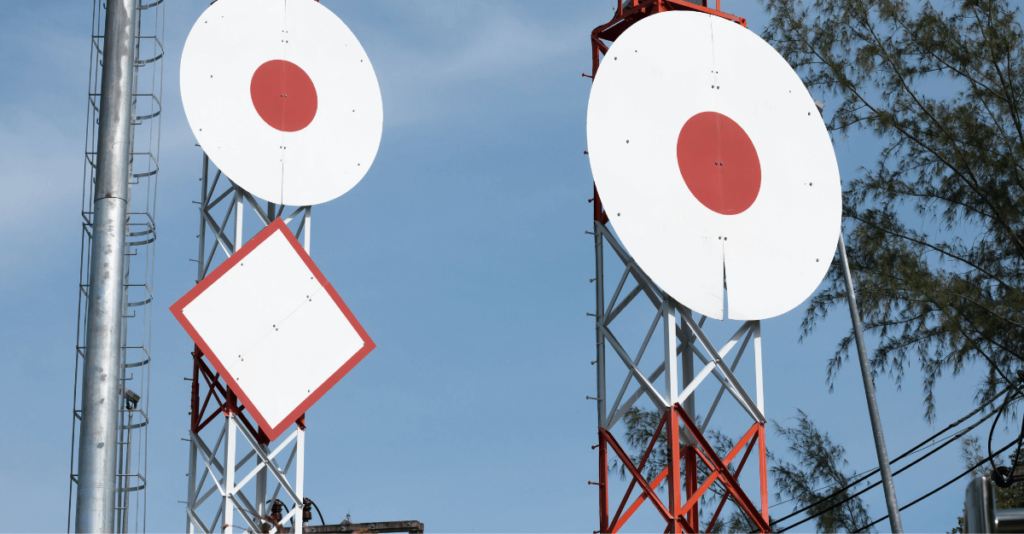
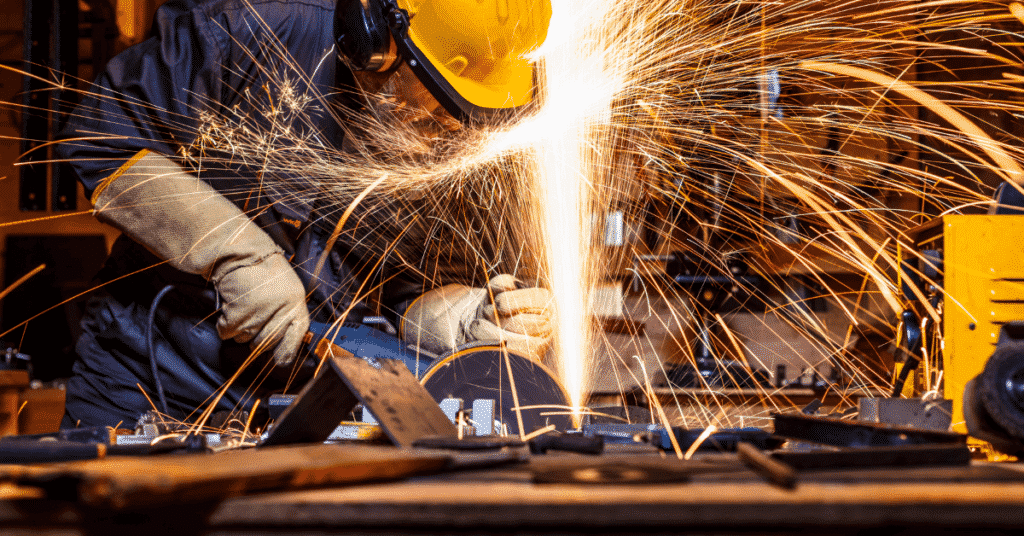
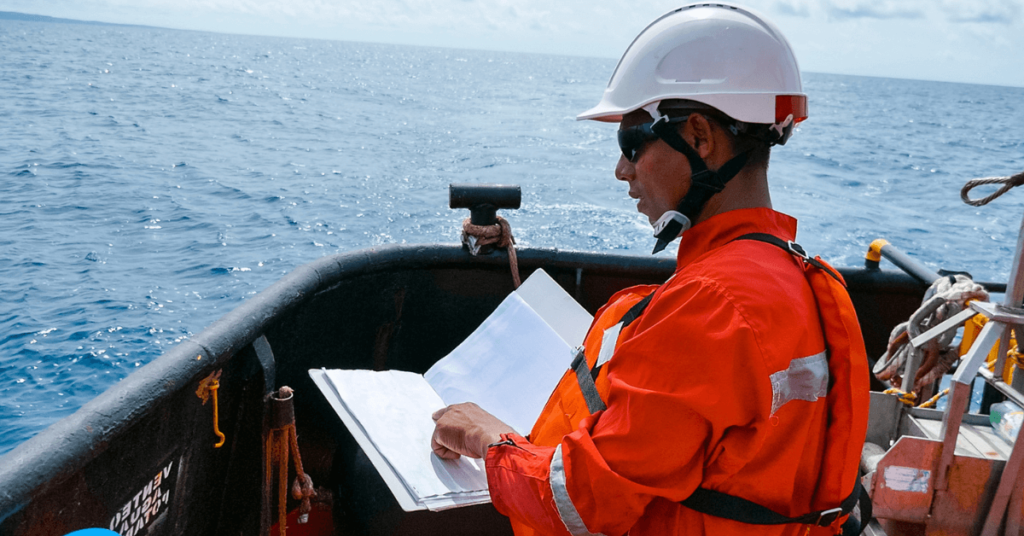
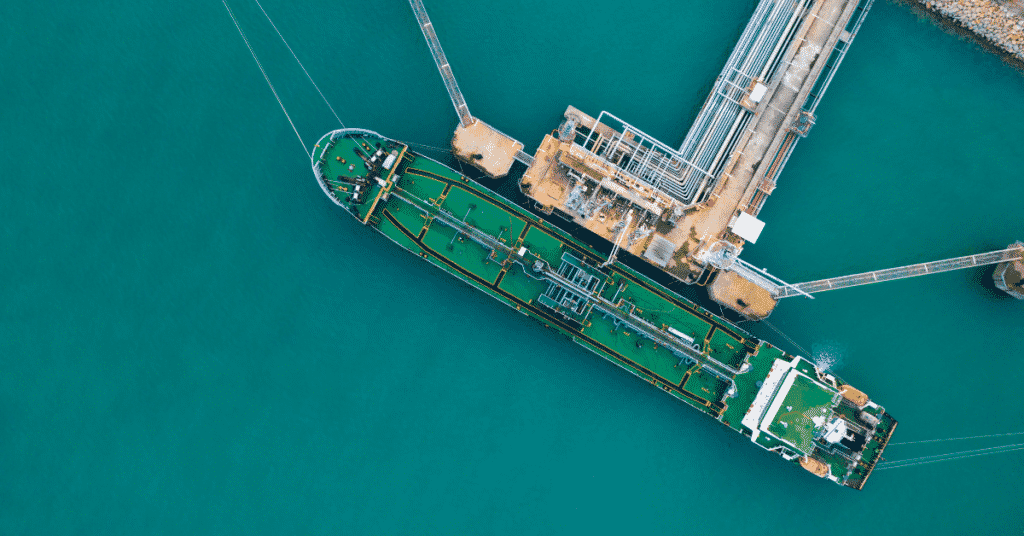

thank you for useful data.
Mooring incidents and enclosed space accidents are a major ones.
Hatch cover and cargo hold operations.
What is the difference between cargo hatch and hatch cover